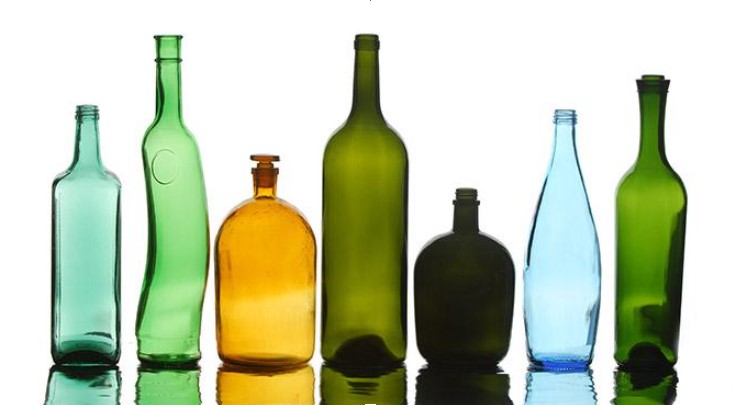
Glass is a sustainable packaging material. Glass can be recycled endlessly. This makes it a particularly suitable packaging material because new raw materials for new glass do not have to be tapped continuously. However, it is important that glass cullet actually ends up in the bottle bank.
How sustainable is glass compared to plastic?
In terms of material, glass is many times more sustainable than plastic. Glass can be recycled endlessly without losing quality. This is in contrast to plastic: plastic packaging can often only be recycled a few times. Each time plastic is recycled, the quality deteriorates significantly, so that at some point it can no longer be reused. One provider of glass packaging materials is glasmeister.com. These packaging materials are not very luxurious, but therefore better for the environment! Read more about this at Calaso.
There are also arguments in favor of using plastic over glass. For example, plastic packaging would be better for the environment because it is lighter. As a result, transport costs less fuel, so plastic packaging often scores better in terms of CO2 emissions than plastic bottles. According to figures from Milieu Centraal, PET bottles win in terms of CO2 emissions from glass bottles if they are 6 times lighter than glass. However, these figures do not necessarily mean that plastic is better for the environment than glass. We must also consider the distance of transport and the long-term effects of the amount of plastic and microplastics in nature.
Recycling glass is better for the environment
The more glass is recycled, the more sustainable it is. It is therefore important that you actually throw your glass in the bottle bank. In this way you can ensure that valuable, natural raw materials are reused. Unfortunately, in practice a lot of glass ends up in the residual waste. The Afvalfonds, which is responsible for the recycling of glass, has a legal obligation to recycle 90 percent of all glass packaging. Yet every year they fail to meet this target because only 85 percent of the glass is returned via the bottle bank.
Deposits appear to help tremendously. For example, almost 100 percent of refundable bottles are returned. So be aware that as a citizen you can make a difference. Separate your waste well, bring glass to the bottle bank and deposit bottles to the deposit machine! This ensures that the CO2 emissions are limited and that no new raw materials need to be tapped.

